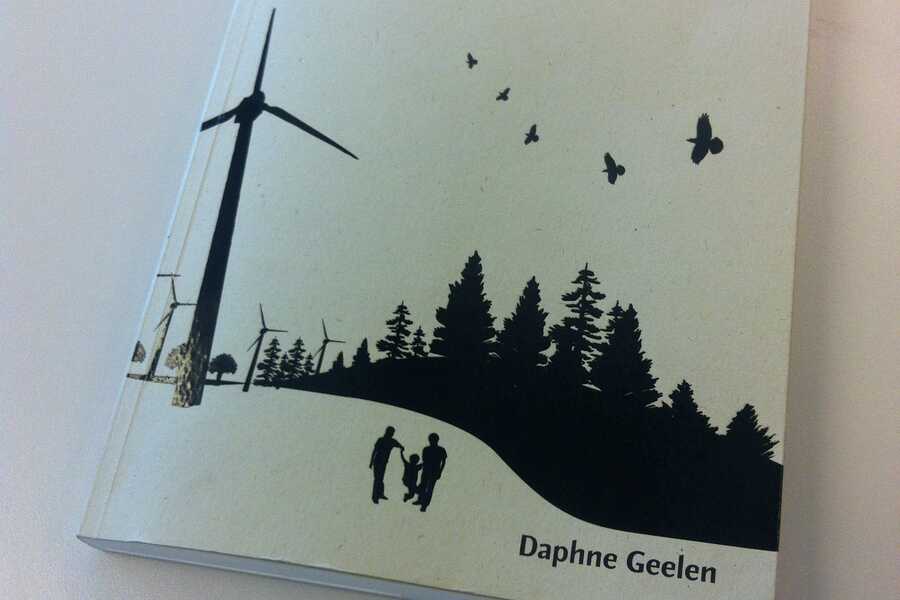This is the title of the promotion research by Daphne Geelen that is laying on my desk. I am wondering what to write for the weekly column, what is interesting to share with you? Who will read my article? Do I want to change people with what I write? It is not easy to change people we have learned this week (and from own experience we already know this). For a more sustainable or balanced world there are a lot of people who have to change. This is also the subject of the promotion research with the subtitle 'An exploration for products and services to support changes in household energy management'.
It is an very interesting topic I think. A support for housholds in the energy transition. Taking into account services and products with regard to smart appliances, smart meters, energy monitoring and control systems. These are technical systems. And technical systems itself does not change people. What motivates the people to make a change? It is money? 'Dynamic pricing and contracting' is the title of chapter 2.4.5 which can be a motivation for people to change. Is it status? Some people are motivated by status, it is now cool to have an electric car (in some groups) or to have energy panels on your roof. But it can also work the other way, when energy saving is not popular, putting your thermosthat to 18 degrees in stead of 20 and wear a warm coat or jacket.
This week we also did a serious game, where each team was a fisher company that at the end needs to catch the most fish, taking into account the amount of fish in the sea, which is not known exactly. Serious gaming is a way to activate people and learn things from different perspectives. In the research this also comes back in the 'Energy Battle: Exploring the use of a gmae to stimulate energy saving'. The main conclusion regarding to the Energy Battle (Daphne Geelen, p.59):
- The Energy Battle can be seen as a service to motivate changes, with an energy meter and a website with energy feedback
- To engage end users in behavioral changes concerning their houshold energy management, the combination of feedback and competition in the Energy Battle was successful, mostly in the short term. There were indications of minor habit changes.
- The feedback from the website offered end users the opportunity to assess their electricity consumption levels and undertake action to lower their consumption, whilst the competition with other households provided an incentive to save energy (form of social comparison). The actual behavioral changes appear to also have contributed to participants'prpensity for energy saving, with knowledge, know-how and changes in habitual behavior.
Other subjects in the study are about 'A smart grid in practice: PowerMatching City' and about the future socio-technical system 'social interactions within the community of smart grid households'. She not only focusses on the technical part of products and services to support changes in househoold energy management, but also the future social system. Although these are designs/thoughts about the future it is good that they are taken into account.
I find it an interesting subject. I dont think people are changed by this column, I also wonder how many people will read this. But maybe I have changed myself a little by writing this and browsing through the promotion research. Who knows.


